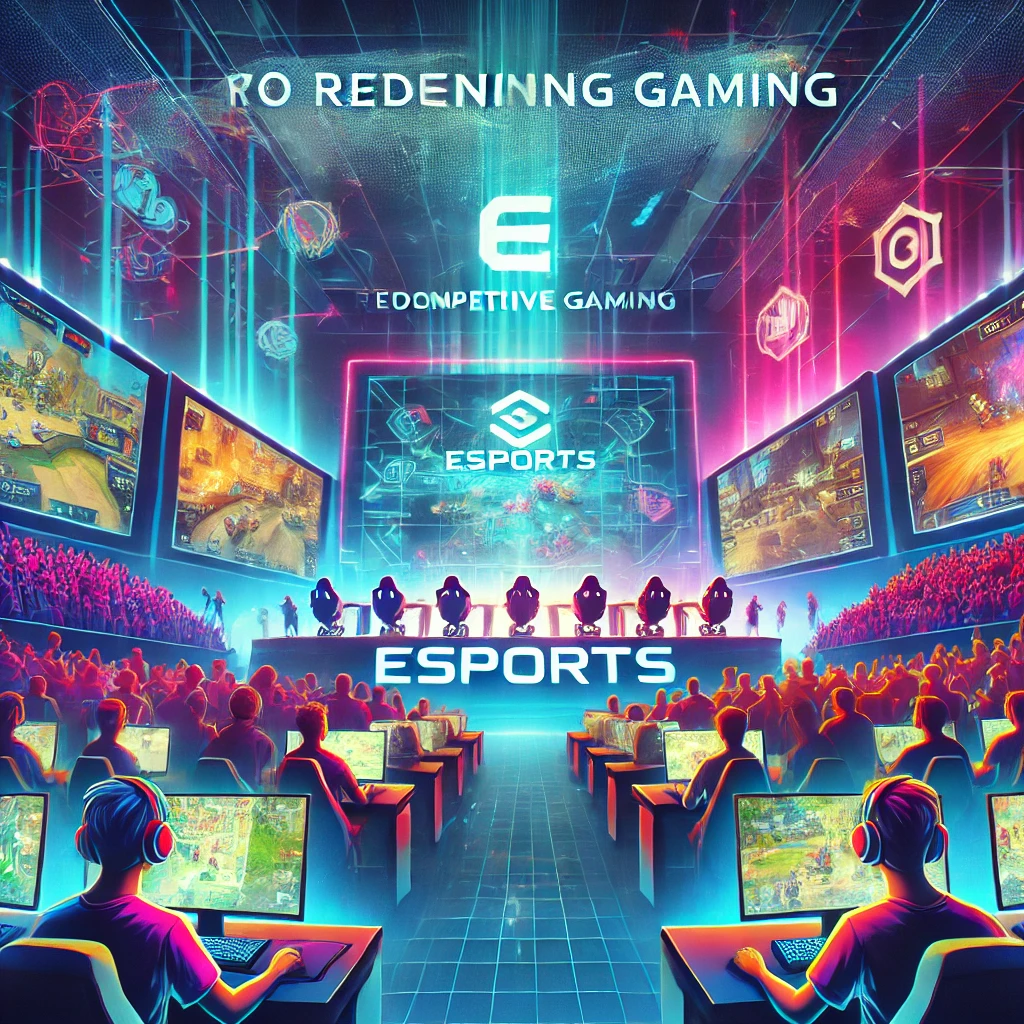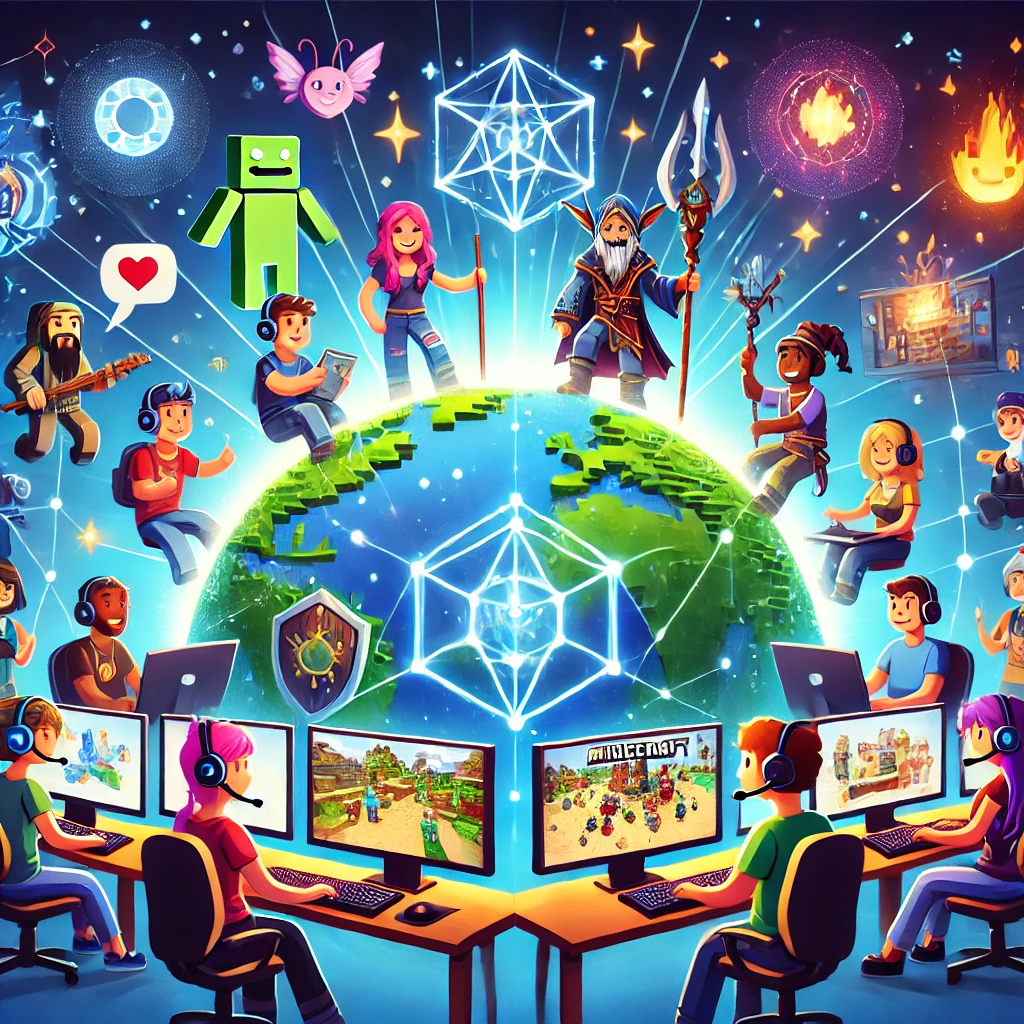In the last twenty years, esports has grown from small-scale events to a massive, multi-billion-dollar industry. It has changed the way competitive gaming is viewed, influencing players, viewers, and organizations alike. Esports has emerged as not just a career, but a cultural trend. This article delves into how esports has transformed competitive gaming and its wider effects on gaming and entertainment sectors.
Esports as a Professional Domain
Esports has turned gaming into a serious profession. Games like League of Legends, Dota 2, and Counter-Strike: Global Offensive have built large ecosystems featuring professional leagues, big sponsorship deals, and large prize pools. Players now undergo intensive training, guided by coaches, analysts, and nutritionists, similar to traditional sports teams.
Major esports events, such as The International and the League of Legends World Championship, attract viewership comparable to traditional sports. These tournaments have made esports players famous, giving them global fan bases.
Viewer Engagement in Esports
Esports has changed how people watch competitive gaming. Platforms like Twitch, YouTube Gaming, and Facebook Gaming allow millions to watch live streams, creating a worldwide audience. Fans interact with esports content not just through matches but also through player streams, team updates, and behind-the-scenes footage.
Features like live chats, instant replays, and polls make the viewing experience more interactive, building a stronger bond between fans and players. This high level of engagement has created a loyal and active community.
Inclusivity and Accessibility in Esports
One of the key contributions of esports is its inclusivity. Unlike traditional sports, esports doesn’t require physical prowess, making it accessible to individuals from diverse backgrounds. With just a computer or console and internet access, anyone can compete globally.
Esports also crosses geographic and cultural boundaries. Games like PUBG Mobile and Free Fire have fostered vibrant communities in regions where traditional sports might not be as popular, such as Southeast Asia, South America, and parts of Africa.
Monetization and Economic Influence
Esports has pioneered unique monetization methods, setting standards for the gaming industry. Revenue sources include:
- Sponsorships and Advertising: Brands like Intel, Red Bull, and Nike sponsor teams, events, and players.
- Merchandising: Teams sell branded products like jerseys, gaming gear, and collectibles.
- Media Rights: Broadcasting agreements with platforms and networks bring in considerable revenue.
- In-Game Purchases: Games offer special esports-themed items, connecting players with their favorite teams.
This economic model has created jobs in event management, marketing, content creation, and game development, highlighting esports’ importance in the industry.
Educational and Developmental Benefits
Esports has also made an impact on education and skill development. Many universities now provide scholarships for esports players and offer courses in esports management, game design, and broadcasting. These programs help train future professionals and validate esports as a legitimate field of study.
Furthermore, competitive gaming teaches essential skills like teamwork, strategic thinking, and stress management. These skills are useful in various professional settings, showcasing the broader developmental benefits of esports.
Conclusion
Esports has significantly reshaped competitive gaming, making it a professional and cultural phenomenon. Its influence spans from creating new career paths to transforming how games are consumed and monetized. With its inclusive nature and educational impact, esports will continue to play a crucial role in the evolution of both gaming and entertainment industries.
Challenges and Criticism
Despite its numerous achievements, the esports industry encounters several obstacles. Concerns like player fatigue, absence of uniform guidelines, and the risk of exploiting young gamers need comprehensive industry solutions. Additionally, striking a balance between commercial interests and preserving the true competitive essence remains a sensitive issue.
Some argue over whether esports qualify as a “sport.” However, the increasing interest from the International Olympic Committee and inclusion in events such as the Asian Games indicate a slow but steady recognition of competitive gaming as part of the sports domain.
The Future of Esports
With the rapid evolution of technology, esports has a bright future. Innovations like Virtual Reality (VR) and Augmented Reality (AR) could revolutionize the experience for both players and spectators. Furthermore, the introduction of 5G technology will offer seamless connectivity, enhancing global participation and accessibility.
Esports’ merging with mainstream entertainment, including concerts and partnerships with Hollywood, continues to blur boundaries between gaming and pop culture. This combination promises to extend the industry’s influence and reach even more.
Conclusion
Esports has dramatically transformed the landscape of competitive gaming, evolving into a thriving industry and cultural phenomenon. By promoting inclusivity, fostering innovation, and engaging a wide audience, esports has elevated video games to unprecedented levels, demonstrating their capability as a serious competitive and entertainment platform. As it progresses, esports will undoubtedly influence the future of gaming and inspire upcoming generations of players and fans.


